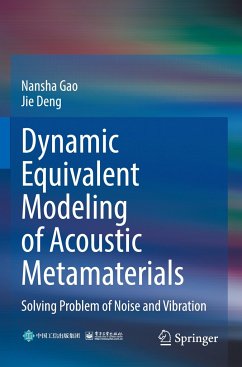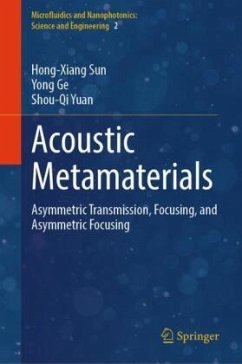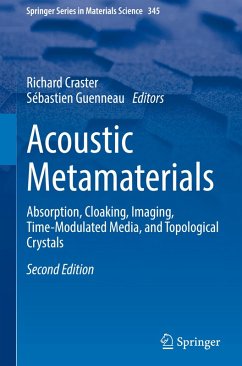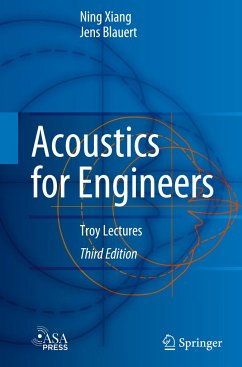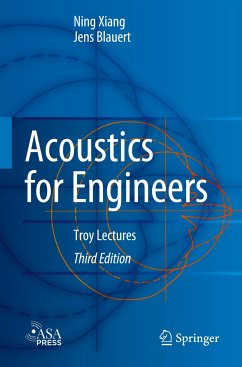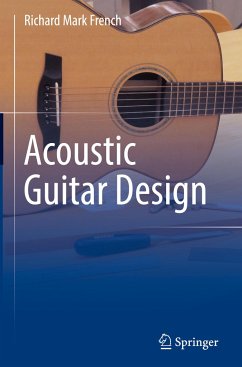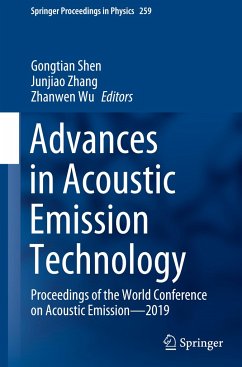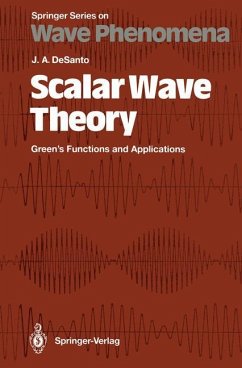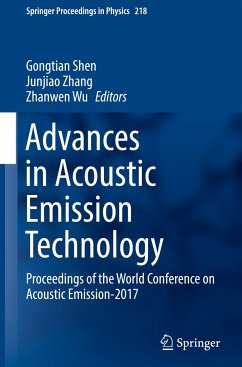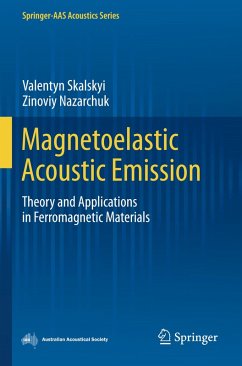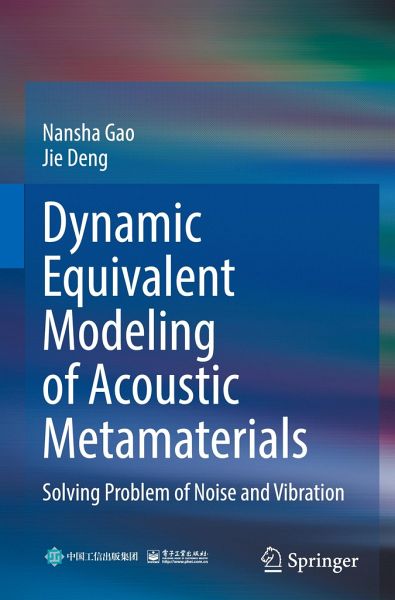
Dynamic Equivalent Modeling of Acoustic Metamaterials
Solving Problem of Noise and Vibration
Versandkostenfrei!
Versandfertig in 6-10 Tagen
76,99 €
inkl. MwSt.
Weitere Ausgaben:

PAYBACK Punkte
38 °P sammeln!
This book derives physical models from basic principles, studies the effect of equivalent models on the dynamic characteristics of phononic crystals and acoustic metamaterials, and analyzes the physical mechanisms behind vibration and noise reduction. It first summarizes the research status of vibration and noise reduction, and research progress in phononic crystals and acoustic metamaterials. Based on this, one-dimensional periodic beam, two-dimensional thin plate with circular hole, and corresponding gradient structures are introduced, and their dynamic characteristics are discussed in detai...
This book derives physical models from basic principles, studies the effect of equivalent models on the dynamic characteristics of phononic crystals and acoustic metamaterials, and analyzes the physical mechanisms behind vibration and noise reduction. It first summarizes the research status of vibration and noise reduction, and research progress in phononic crystals and acoustic metamaterials. Based on this, one-dimensional periodic beam, two-dimensional thin plate with circular hole, and corresponding gradient structures are introduced, and their dynamic characteristics are discussed in detail. Therefore, different equivalent methods for different models are proposed through theoretical analysis, modal analysis and transmission rate analysis. Finally, a Helmholtz-type acoustic metamaterial, i.e. a multi-layer slotted tube acoustic metamaterial, is studied. Aiming at the low-frequency band gap of this model, a theoretical model for solving the inverse problem of acousto-electric analogue equivalent is proposed, and the effect of structural parameters on the low-frequency band gap is studied using this equivalent model.
This book closely revolves around how to conduct equivalent research on artificially fabricated periodic structures. The methods and conclusions presented in this book provide a new theoretical basis for the application of artificial woven periodic structures in the field of low-frequency vibration reduction and noise reduction and are also an innovation in the discipline of vibration and noise control. This book is suitable for undergraduate students, graduate students and teachers in vibration and noise majors in universities, and can also provide references for engineering and technical personnel in related fields.
This book closely revolves around how to conduct equivalent research on artificially fabricated periodic structures. The methods and conclusions presented in this book provide a new theoretical basis for the application of artificial woven periodic structures in the field of low-frequency vibration reduction and noise reduction and are also an innovation in the discipline of vibration and noise control. This book is suitable for undergraduate students, graduate students and teachers in vibration and noise majors in universities, and can also provide references for engineering and technical personnel in related fields.



